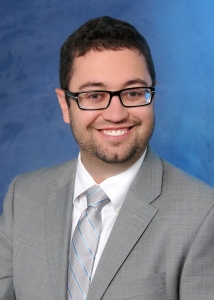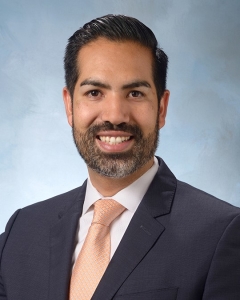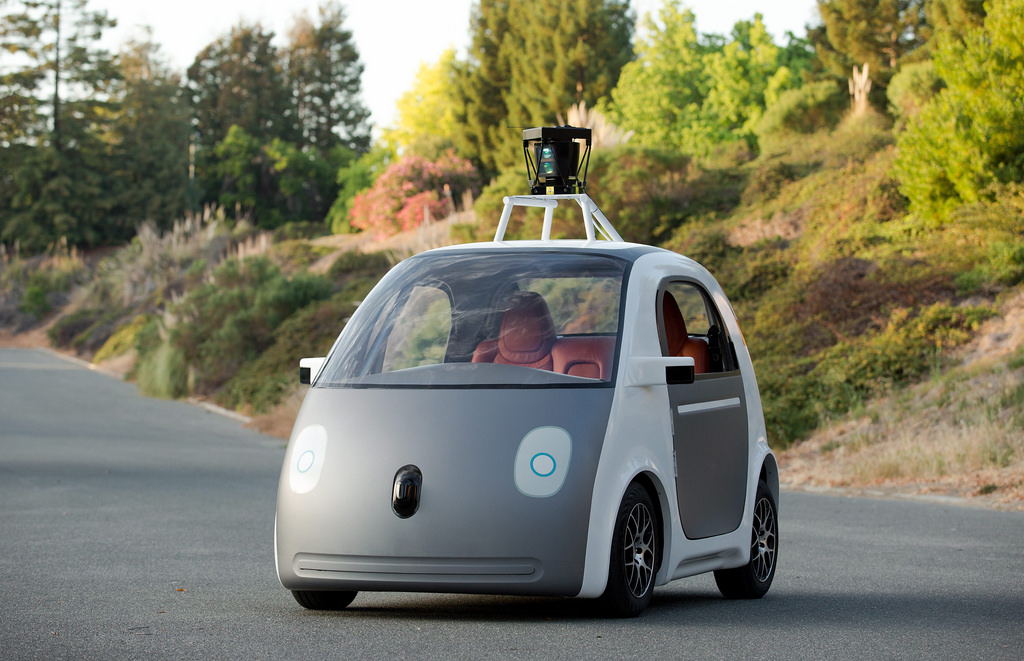By Gregory Rodriguez and Jordan Ferguson, Best Best & Krieger.
Traffic has cleared and the National Highway Traffic Safety Administration has released its highly anticipated Federal Automated Vehicles Policy. While the revolutionary first iteration of the NHTSA Policy is in guideline form and not mandatory, it lays the framework for the evolution of permanent and mandatory federal regulations for the operation of autonomous vehicles on our roads and highways. With this NHTSA Policy, the Department of Transportation (through NHTSA, the agency within DOT tasked with regulating vehicle safety) confirms its strong support for this “inevitable” technology, which has the potential to improve safety on our roads and promote opportunities for enhanced personal mobility across all demographics.
In addition to providing performance guidance to autonomous vehicle manufacturers and software designers , the Policy also includes a “Model State Policy” that seeks to delineate the roles of the federal government and states in regulating autonomous vehicles. The Policy “strongly encourages” states to allow DOT alone to regulate the performance of autonomous vehicles. However, the Model State Policy reserves traditional authorities to states and local governments concerning the regulation of driver education and testing, licensing, pedestrian safety, law enforcement, vehicle registration and inspection, traffic control, and highway design and maintenance.
Accordingly, for now, DOT has exercised restraint in completely preempting the regulation of autonomous vehicles. However, the possibility exists that the federal government will seek to preempt the field in fear of a “patchwork quilt” of inconsistent laws being enacted state-by-state that threaten the smooth operation of autonomous vehicles across state lines. As many states were in a “wait and see what NHTSA does” mode, the release of the Policy will likely encourage increased activity by state legislatures seeking to take advantage of the economic opportunities from the testing and deployment of autonomous vehicles. With its suggestion of preemption, DOT will be closely monitoring the passage of laws and local ordinances across the country.
In California, AB 1592 was signed into law, which allows the Contra Costa Transportation Authority to test autonomous vehicles without a driver seated in the driver’s seat and without steering wheels or brake pedals as part of its ongoing innovative pilot project. As an encore to the enactment of AB 1592 and based on the NHTSA Policy, the California Department of Motor Vehicles made a significant revision to its closely watched draft autonomous vehicles deployment regulations. The revised draft DMV regulations, which will be the subject of an Oct. 19 public hearing in Sacramento, now allow for the testing of vehicles without the presence of a driver with an approved permit and in cooperation with local authorities.
Additionally, the Policy encourages states and local governments to:
- evaluate their current laws and regulations to address unintended impediments to the safe testing, deployment and operation of autonomous vehicles;
- consider updating the definition of “driver” in traffic laws to reflect the self-driving system as the “driver” (as opposed to any human in the car) when it conducts driving tasks and monitoring the driving environment;
- develop clear requirements and application procedures for manufacturers and other entities to request to test autonomous vehicles on roadways, with law enforcement being involved in the approval process; and
- coordinate to establish uniform road infrastructure, including signs, traffic signals and lights, and pavement markings.
The Policy also addresses important and complicated issues such as data recording, privacy and cybersecurity. Such issues and the difficult ethical considerations associated with autonomous vehicles demonstrate the regulatory challenges with this technology, which exceeds normal safety issues involving brake pads, seat belts and airbags.
NHTSA’s release of its Policy comes on the heels of Uber starting to provide rides in autonomous cars (with a human driver monitoring for now) in Pittsburgh, Penn. as part of its ongoing testing program. With the NHTSA Policy, states and local governments now have much-needed guidelines for passing laws and ordinances related to the operation of autonomous vehicles on local roads and allowing the operation of these vehicles to move out of legal “gray areas.” Moreover, with such laws and ordinances, states and local governments can reduce potential liability that will come with the increased testing and operation of driverless cars on our roads, which is expected to increase with the release of the NHTSA Policy.
DOT has announced its intention to update the NHTSA Policy within a year and announced a 60-day comment period on the Policy, ending Nov. 22. The ongoing comment period provides local governments with a critical opportunity to make their voices heard to make sure the NHTSA Policy reserves local control and enforcement tools to ensure the safe roll-out and deployment of autonomous vehicles. Moreover, local governments should strongly consider taking action now to plan, monitor and collaborate at the local, regional and state levels for the safe integration of self-driving vehicles into our transportation system, as supported by the NHTSA Policy, and in line with long-term transportation goals and needs.
Through proactive planning and collaboration, we can ensure transportation harmony and avoid congestion chaos, and make sure the lifesaving and life-changing benefits of this transformative technology are fully realized.
[divider] [/divider]
 Jordan Ferguson is an associate in Best Best & Krieger’s Los Angeles office. A member of the Municipal Law and Special Districts practice groups, Ferguson is well-versed in the issues of emerging technologies and the sharing economy, conflicts of interest, free speech regulations, privacy rights, the Brown Act, public safety regulations and elections law matters. He can be reached at Jordan.Ferguson@bbklaw.com.
Jordan Ferguson is an associate in Best Best & Krieger’s Los Angeles office. A member of the Municipal Law and Special Districts practice groups, Ferguson is well-versed in the issues of emerging technologies and the sharing economy, conflicts of interest, free speech regulations, privacy rights, the Brown Act, public safety regulations and elections law matters. He can be reached at Jordan.Ferguson@bbklaw.com.
 Gregory Rodriguez works in Best Best & Krieger LLP’s Washington, D.C. office. Greg has also served as in-house counsel for the San Diego Association of Governments, where he provided legal guidance on the agency’s public infrastructure projects.
Gregory Rodriguez works in Best Best & Krieger LLP’s Washington, D.C. office. Greg has also served as in-house counsel for the San Diego Association of Governments, where he provided legal guidance on the agency’s public infrastructure projects.





